Philosophy
Recent articles
Alex Maier argues that a scientific explanation of consciousness requires grounding in formalized mathematics
When it comes to discovering laws of nature for consciousness similar to those in physics, Maier argues that integrated information theory is the only game in town.
Alex Maier argues that a scientific explanation of consciousness requires grounding in formalized mathematics
When it comes to discovering laws of nature for consciousness similar to those in physics, Maier argues that integrated information theory is the only game in town.
Beyond the algorithmic oracle: Rethinking machine learning in behavioral neuroscience
Machine learning should not be a replacement for human judgment but rather help us embrace the various assumptions and interpretations that shape behavioral research.
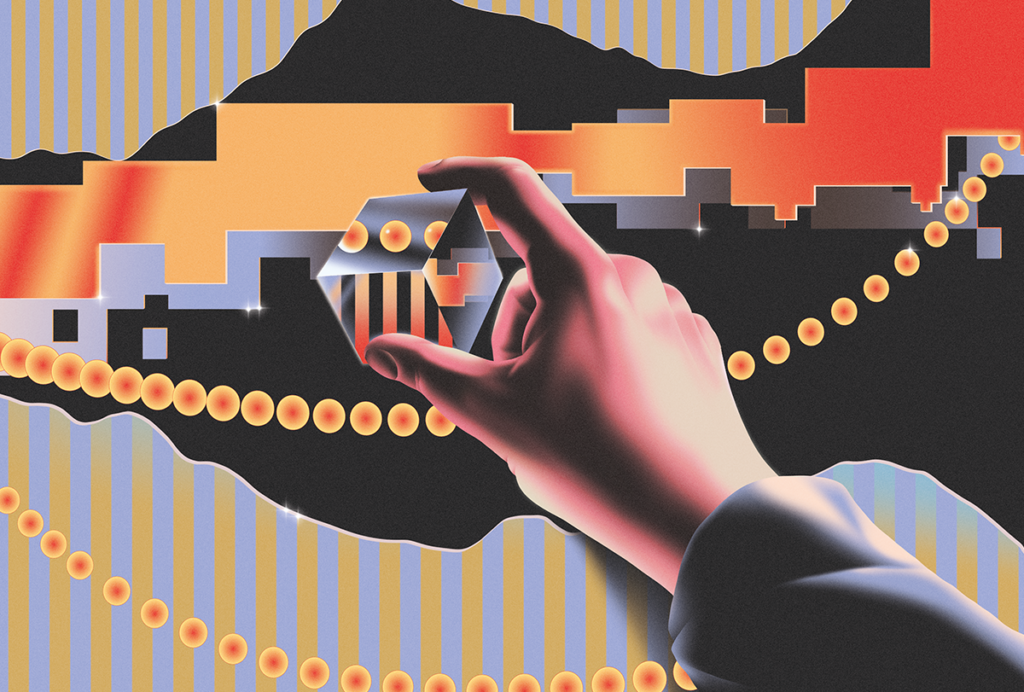
Beyond the algorithmic oracle: Rethinking machine learning in behavioral neuroscience
Machine learning should not be a replacement for human judgment but rather help us embrace the various assumptions and interpretations that shape behavioral research.
Does AI understand what it produces? Henk de Regt explores how we might assess understanding in machines and humans
Building on his philosophy of how scientists understand what they work on, de Regt is extending his approach to test understanding in machines.
Does AI understand what it produces? Henk de Regt explores how we might assess understanding in machines and humans
Building on his philosophy of how scientists understand what they work on, de Regt is extending his approach to test understanding in machines.
Daniel Nicholson discusses how Schrödinger’s book ‘What is Life?’ shaped years of biology, research
Combing through historical archives, Nicholson discovered what drove Erwin Schrödinger to pen “What Is Life,” his famous "little book": Schrödinger feared that new discoveries in quantum physics would influence how we think about free will.
Daniel Nicholson discusses how Schrödinger’s book ‘What is Life?’ shaped years of biology, research
Combing through historical archives, Nicholson discovered what drove Erwin Schrödinger to pen “What Is Life,” his famous "little book": Schrödinger feared that new discoveries in quantum physics would influence how we think about free will.
Vicente Raja brings ecological psychology concepts to neuroscience
He suggests neuroscientists should pay more attention to the principles of Gibsonian ecological psychology, such as affordances, ecological information and resonance, to better explain perception and action.
Vicente Raja brings ecological psychology concepts to neuroscience
He suggests neuroscientists should pay more attention to the principles of Gibsonian ecological psychology, such as affordances, ecological information and resonance, to better explain perception and action.
Beyond Newtonian causation in neuroscience: Embracing complex causality
The traditional mechanistic framework must give way to a richer understanding of how brains actually generate behavior over time.
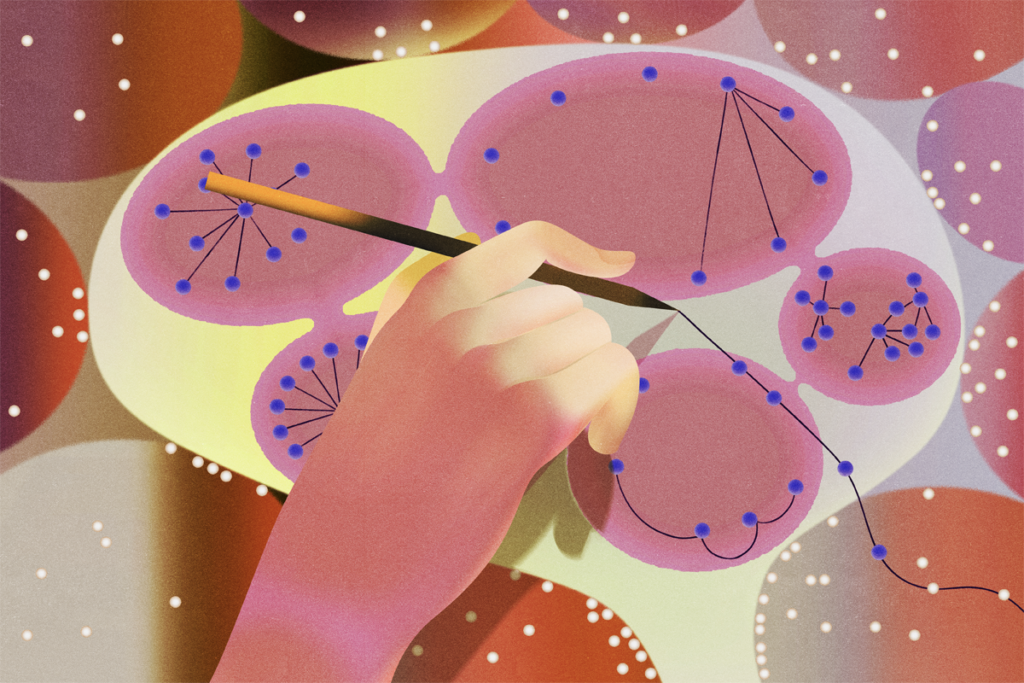
Beyond Newtonian causation in neuroscience: Embracing complex causality
The traditional mechanistic framework must give way to a richer understanding of how brains actually generate behavior over time.
Babies, bees and bots: On the hunt for markers of consciousness
To truly understand consciousness, we need new methods to measure it and detect it in other intelligent systems.
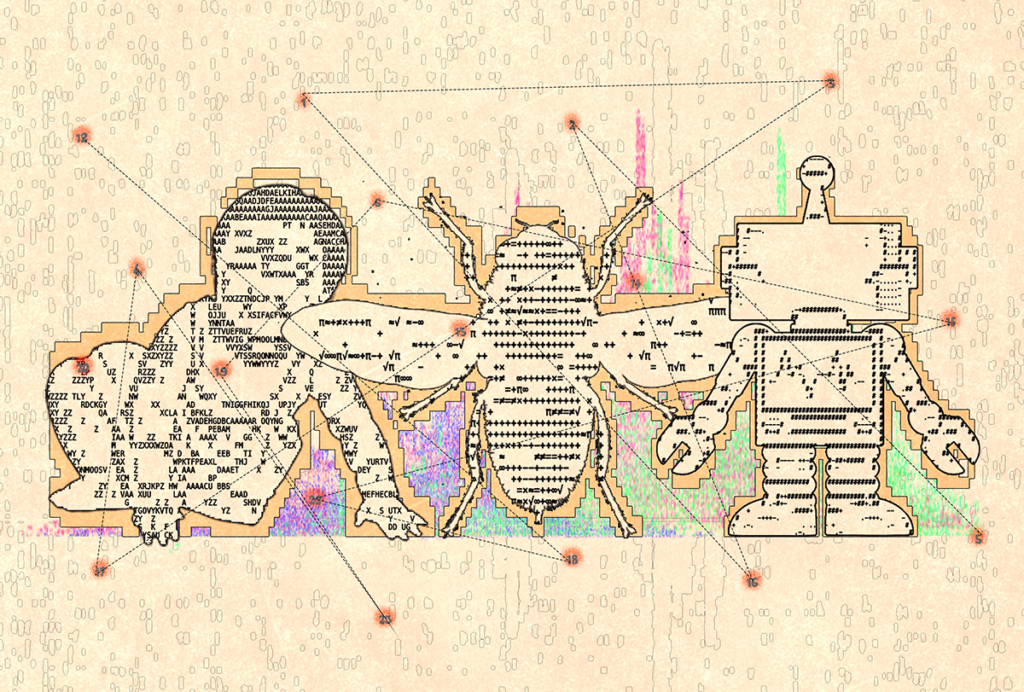
Babies, bees and bots: On the hunt for markers of consciousness
To truly understand consciousness, we need new methods to measure it and detect it in other intelligent systems.
What do neuroscientists mean when they use the term ‘representation’?
A group of neuroscientists and philosophers discuss the use and misuse of the term "representation" across the cognitive sciences and how it influences the way we interpret the connection between neural, behavioral and mental activity.
What do neuroscientists mean when they use the term ‘representation’?
A group of neuroscientists and philosophers discuss the use and misuse of the term "representation" across the cognitive sciences and how it influences the way we interpret the connection between neural, behavioral and mental activity.
The limits of neuroscience
Truly understanding the brain requires a set of conditions we’re unlikely to meet: that knowledge about the brain is finite, and that we have both access to that knowledge and the means to understand it.

The limits of neuroscience
Truly understanding the brain requires a set of conditions we’re unlikely to meet: that knowledge about the brain is finite, and that we have both access to that knowledge and the means to understand it.
Claims of necessity and sufficiency are not well suited for the study of complex systems
The earliest studies on necessary and sufficient neural populations were performed on simple invertebrate circuits. Does this logic still serve us as we tackle more sophisticated outputs?
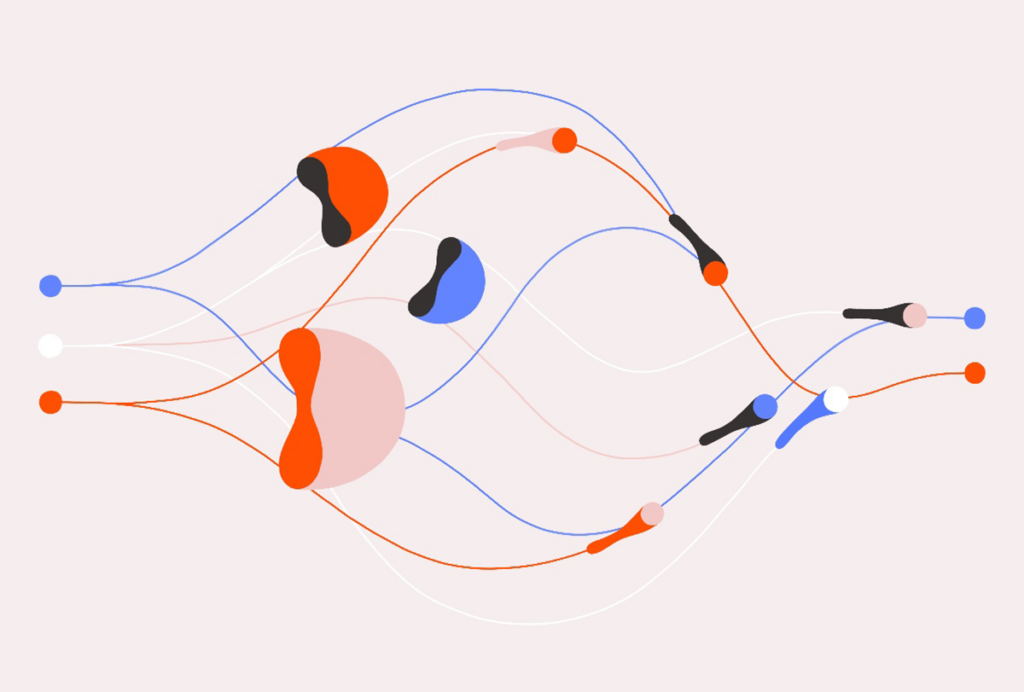
Claims of necessity and sufficiency are not well suited for the study of complex systems
The earliest studies on necessary and sufficient neural populations were performed on simple invertebrate circuits. Does this logic still serve us as we tackle more sophisticated outputs?
Explore more from The Transmitter
Oligodendrocytes need mechanical cues to myelinate axons correctly
Without the mechanosensor TMEM63A, the cells cannot deposit the appropriate amount of insulation, according to a new study.
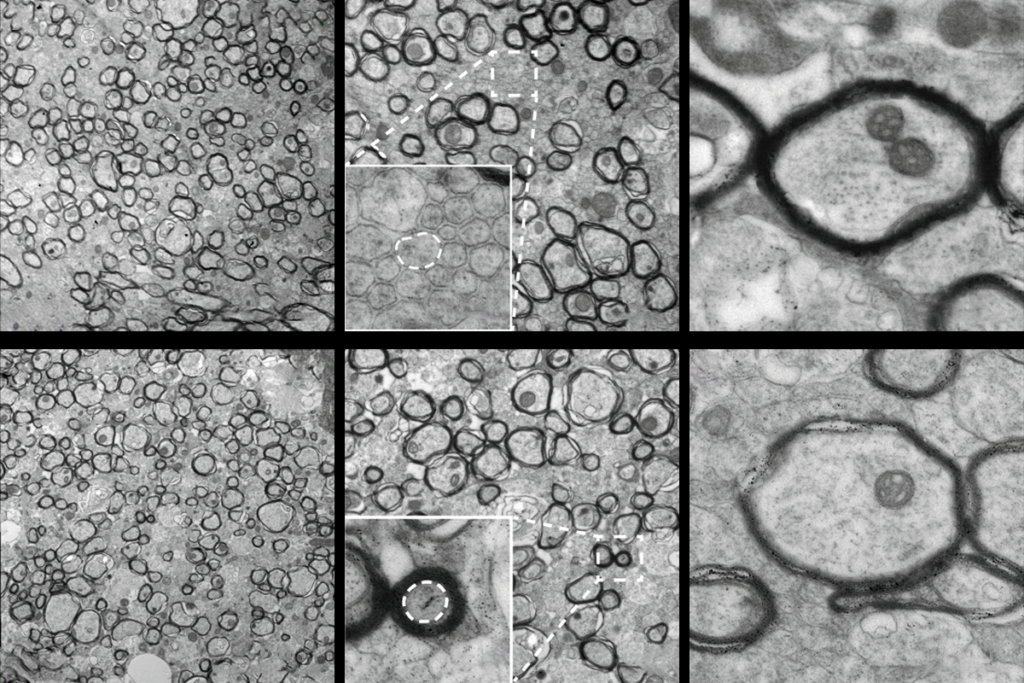
Oligodendrocytes need mechanical cues to myelinate axons correctly
Without the mechanosensor TMEM63A, the cells cannot deposit the appropriate amount of insulation, according to a new study.
Modern AI is simply no match for the complexity likely required for harboring consciousness, says Jaan Aru
He argues that our brain’s computations are of a completely different nature than any artificial intelligence because they take place across many spatial and temporal scales and are inextricably entwined with biological materials.
Modern AI is simply no match for the complexity likely required for harboring consciousness, says Jaan Aru
He argues that our brain’s computations are of a completely different nature than any artificial intelligence because they take place across many spatial and temporal scales and are inextricably entwined with biological materials.
Interneurons’ role in epilepsy, and more
Here is a roundup of autism-related news and research spotted around the web for the week of 9 February.

Interneurons’ role in epilepsy, and more
Here is a roundup of autism-related news and research spotted around the web for the week of 9 February.